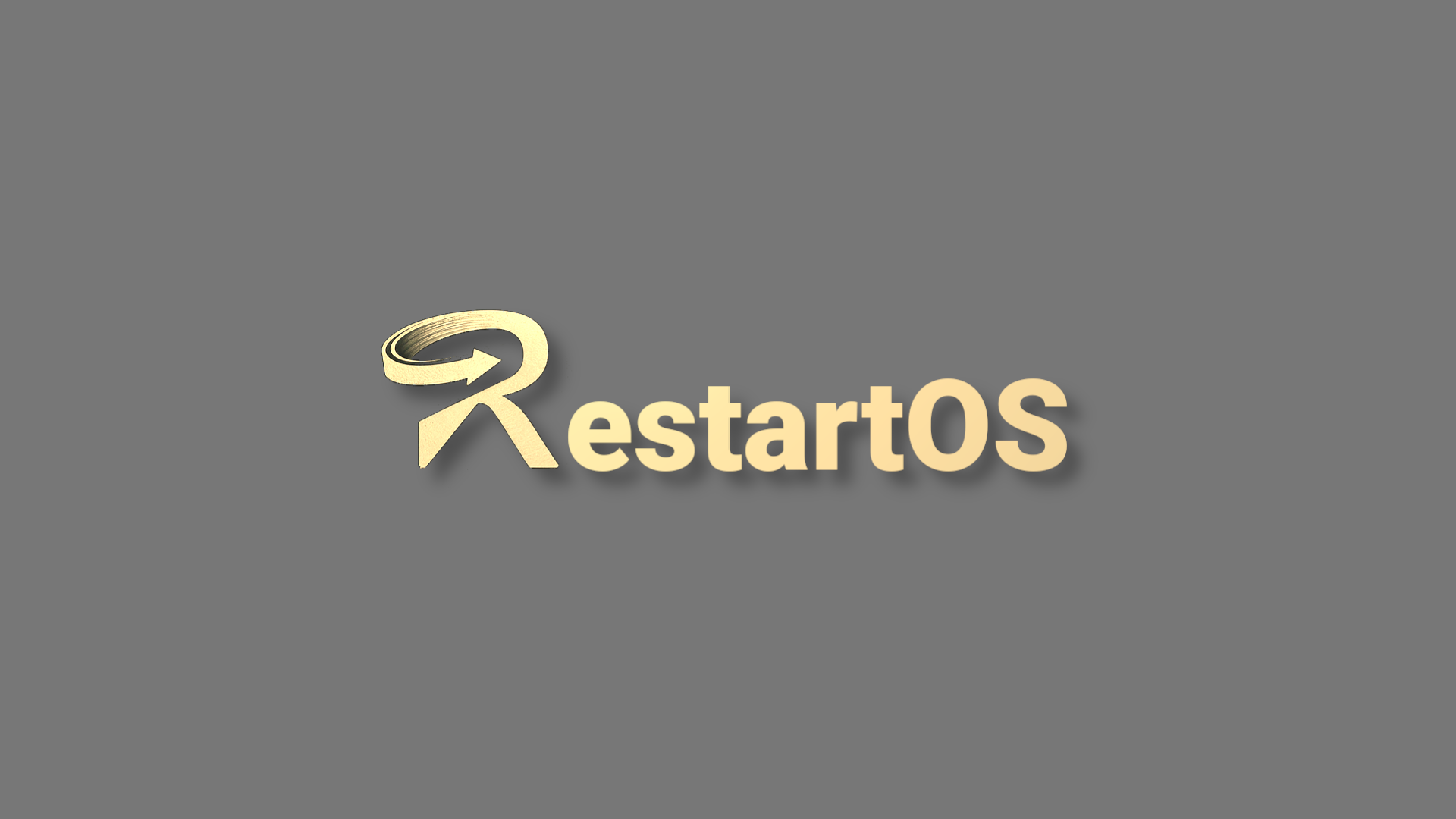The Gist of restartOS
By default, the filesystem changes do not persist across reboots despite the system appearing mutable while running. This is profound because with no writes to disk during usage, it acts like a firmware would, where the supporting boot disk can now be an SD card or a flash drive and it can be used for years without burning out. But if you want to use restartOS as a server, you will need to customize some things, such as configs or even the /etc/fstab file to mount a drive. To save these changes, just run the make-persistent command against the file or folder that you want to persist across reboots. Note that for security reasons, the SSH host keys change every time restartOS is booted up. If you want the ssh host keys to persist, use make-persistent add /etc/ssh and the ssh host key will no longer change on that system.
Basic restartOS Commands
upgrade – The most basic command, make sure you run it with sudo and with an Internet connection and it will update restartOS for you.
package list – Lists all installed and available packages.
package install – Installs a new package.
package remove – Removes an existing package.
make-persistent add /path/to/file – Use this to make changes to a file or folder persistent across reboots.
clone-source – Run this from a system if you want to clone it over the network to another system.
clone-target – Run this on a system that you want to receive an image from another system (running clone-source).
Note: The clone scripts are VERY powerful. You can use them to clone a VM from one hypervisor to another, over the local area network. You do not even need to know the IP addresses of the systems, they will auto-discover each other.
Add-Ons
Use the package command to install/remove add-ons. Use package list to see which add-ons are supported for your version.
chromium is included by default, this is the Chrome browser for Linux. Note: use the command “make-persistent add /home/restartos/.config/chromium /home/restartOS/.local/share” if you want your chromium session to persist across reboots. Any PWAs that are installed will automatically populate in the Weston launcher on the next reboot (and all subsequent reboots) if those folders are saved.
filezilla is a graphical FTP client that can be used to transfer files to/from systems.
freerdp is one of two tools that supports RDP connections to (mostly) Windows systems. There is no UI for freerdp, use the wlfreerdp command-line command to connect.
kdiskmark can be used to run a disk benchmark on your systems. It is very similar to the CrystalDiskMark tool for Windows.
podman is an add-on that can be installed and used to run containers (including Docker containers).
remmina is the other RDP client, this one has a UI and works better (no visual artifacts when connecting). Note: Use the “make-persistent /home/restartos/.config/remmina /home/restartos/.local/share/remmina” command to persist your remmina settings across reboots.
vivaldi is another Chrome-based browser that is more customizable and more focused on user-security.
weston is the window manager. It is the most basic wayland-based window manager and should work for almost all systems. Accelerated graphics is not enabled by default.
